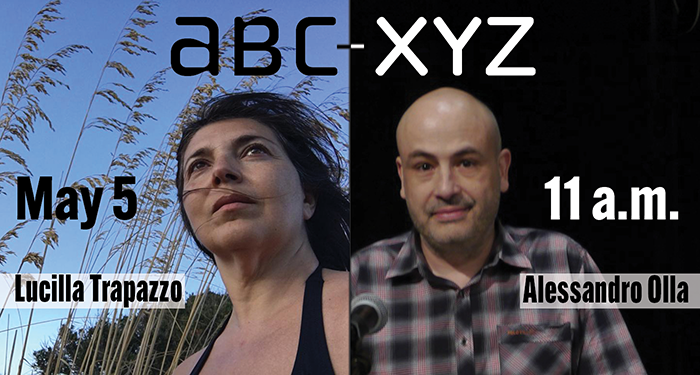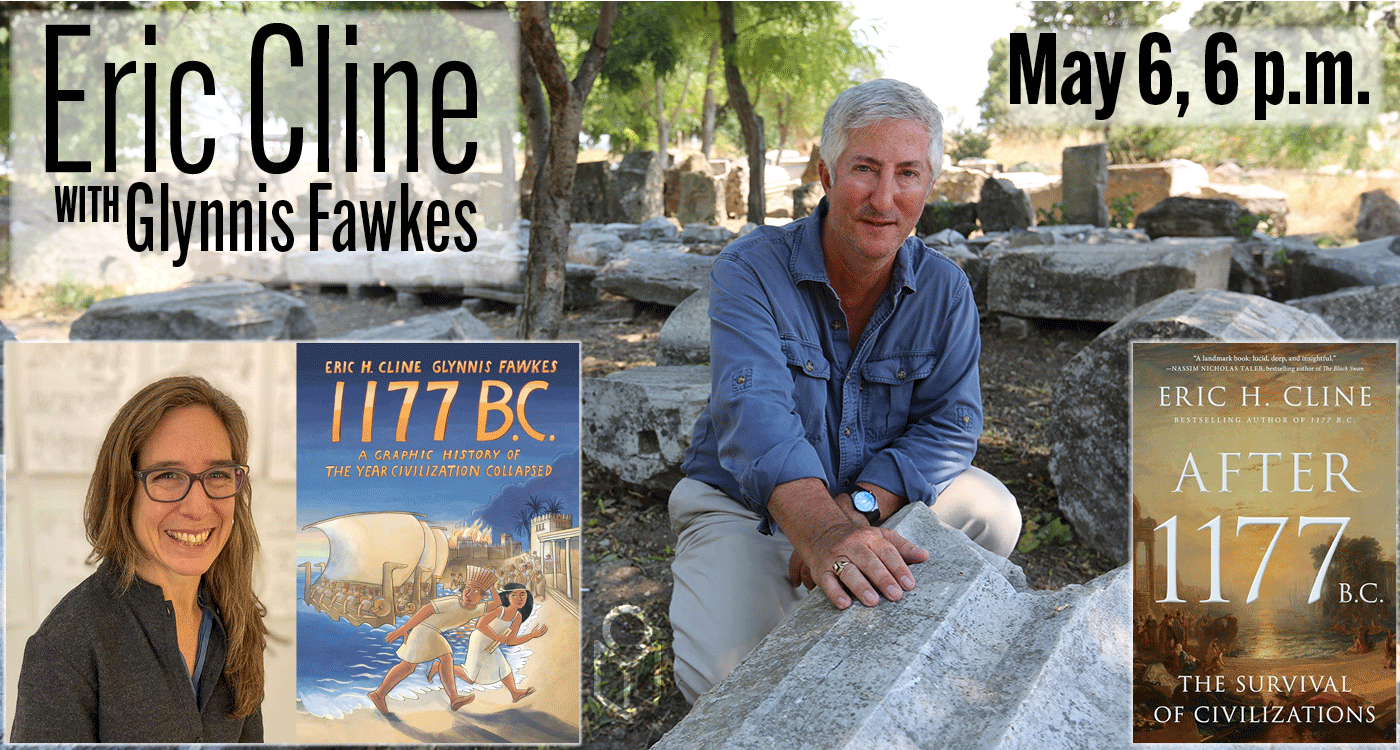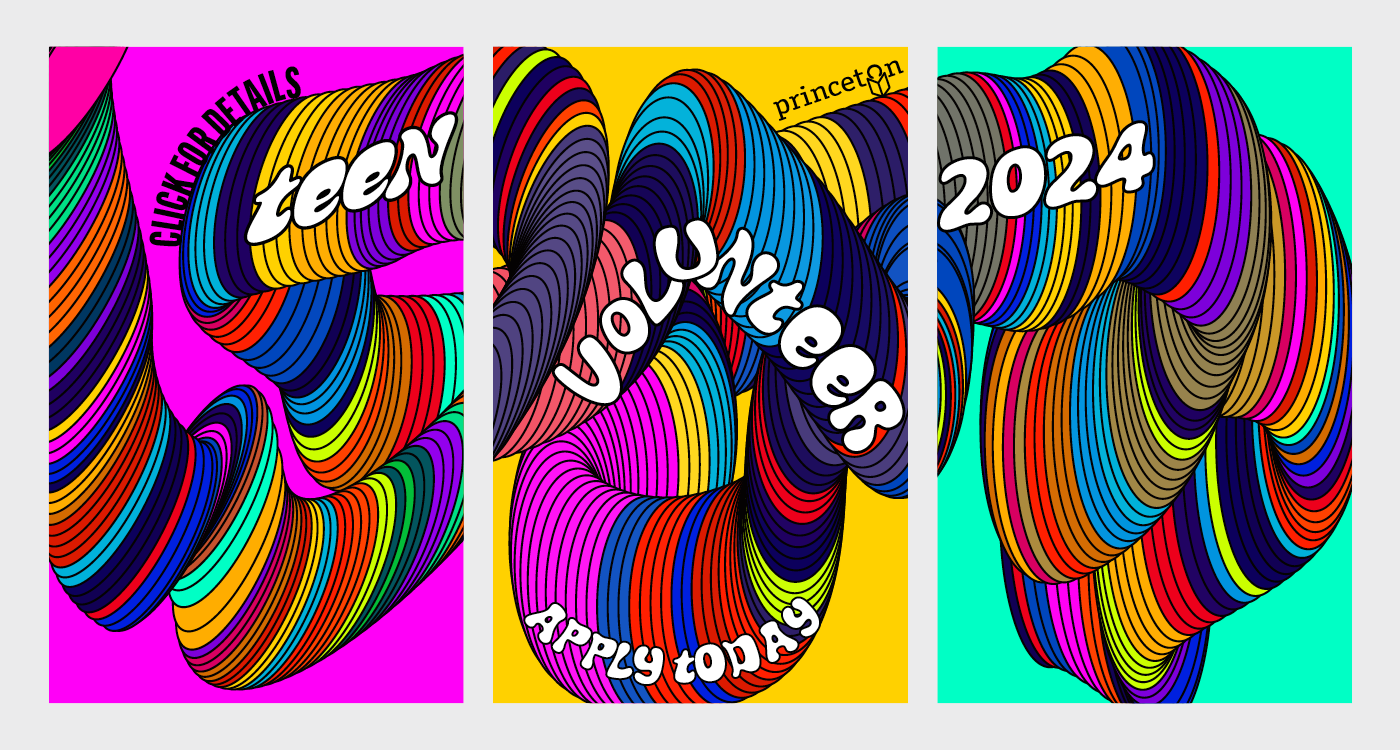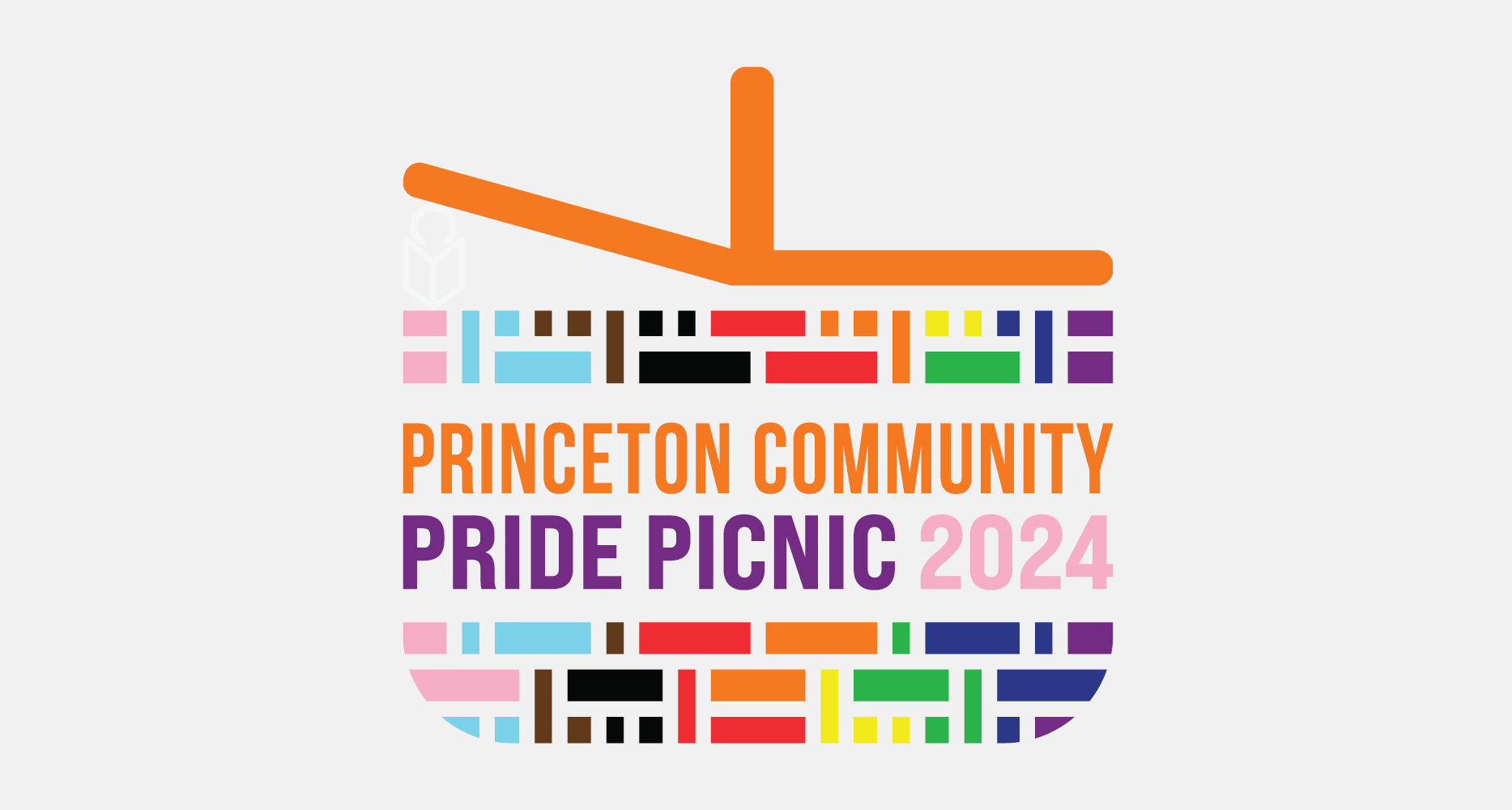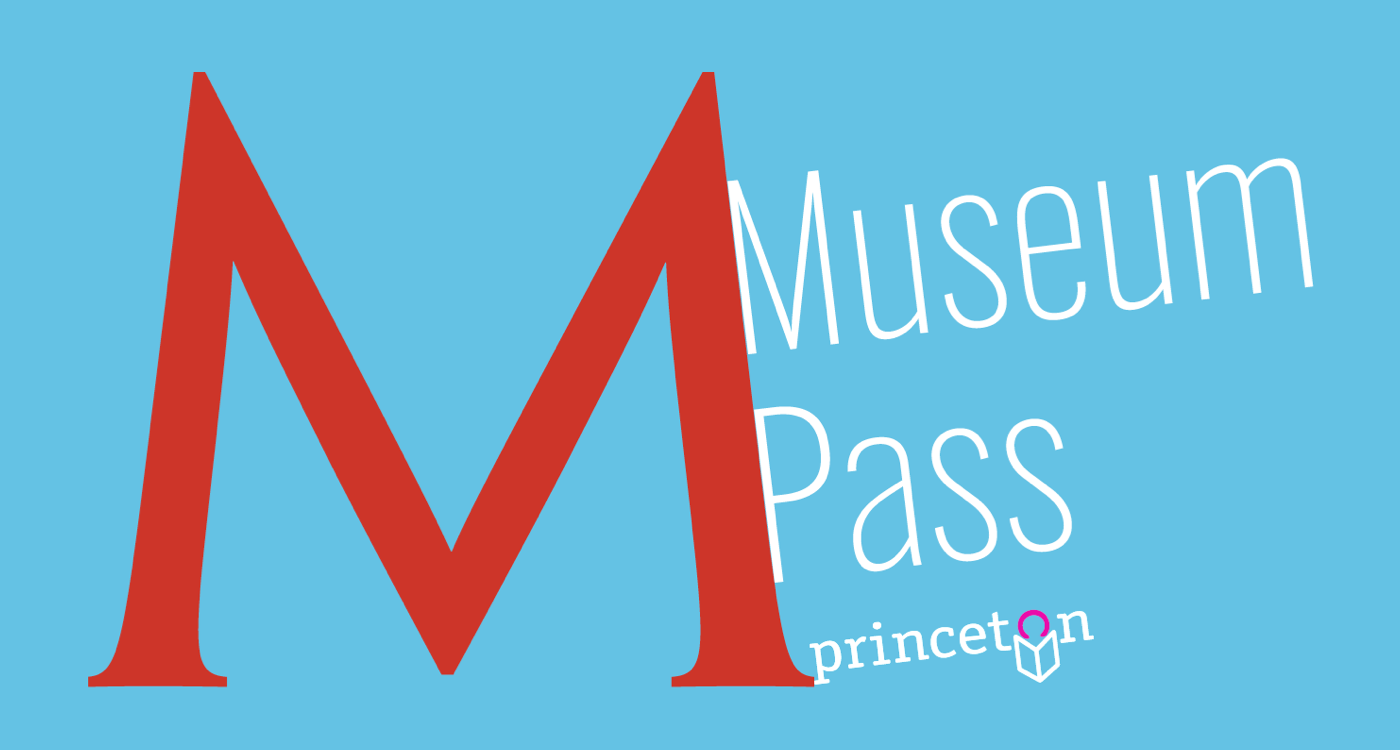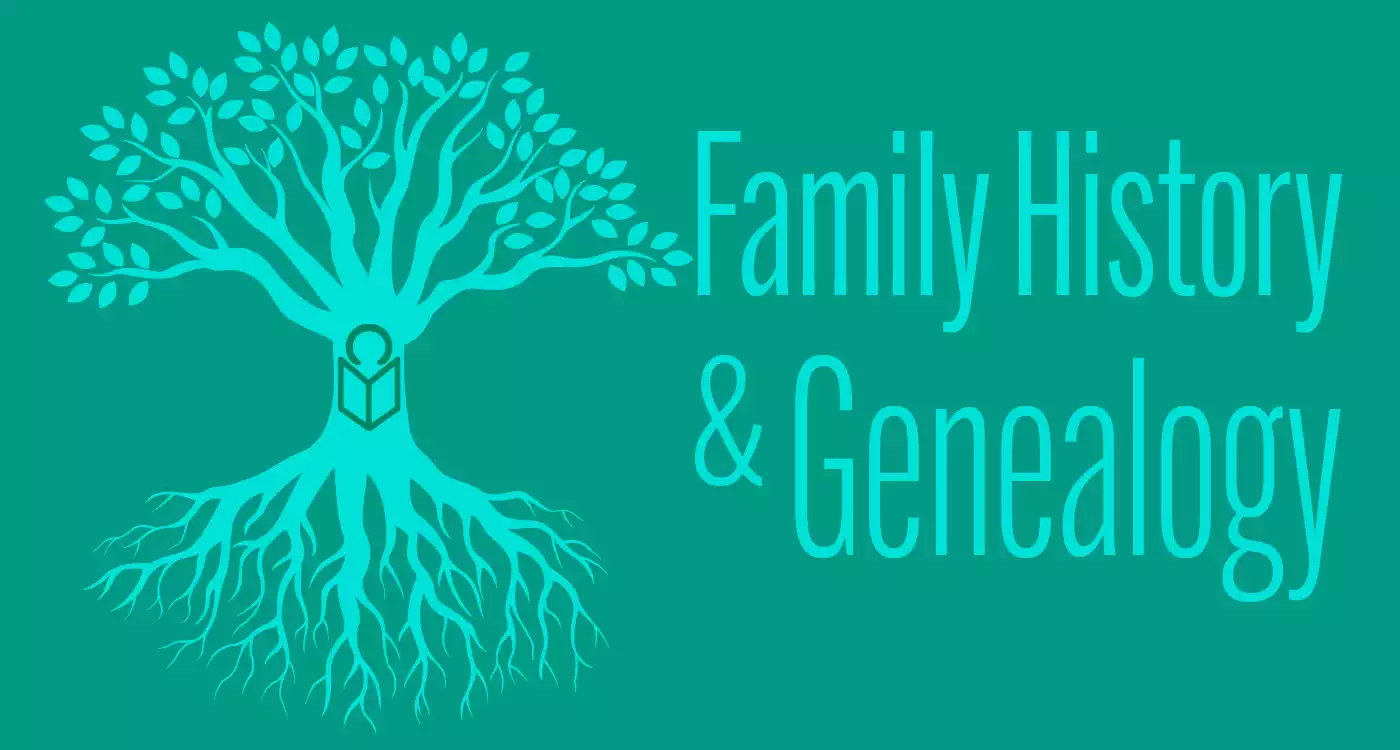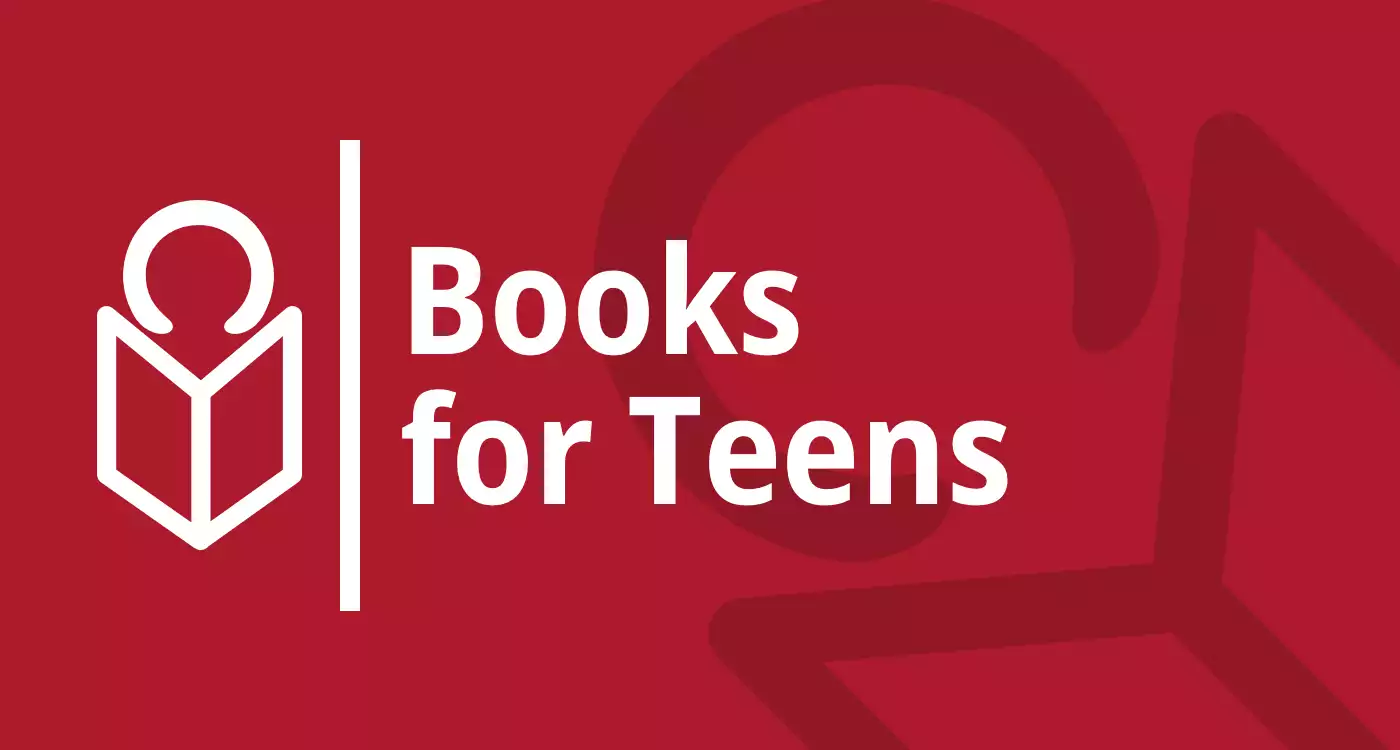
Princeton Public Library - Home
Visit Us
Princeton Public Library
65 Witherspoon St.
Princeton, NJ 08542
Contact Us
Download & Stream
What's Happening at the Library
Upcoming
View More >>Watch Now
New at the Library

Contemporary Jewish Authors: Fiction
Celebrate Jewish American heritage with this list of fiction by contemporary Jewish authors.

Screen-Free Week
Put the phone away, step away from the desktop and join us for daily activities on the third floor.
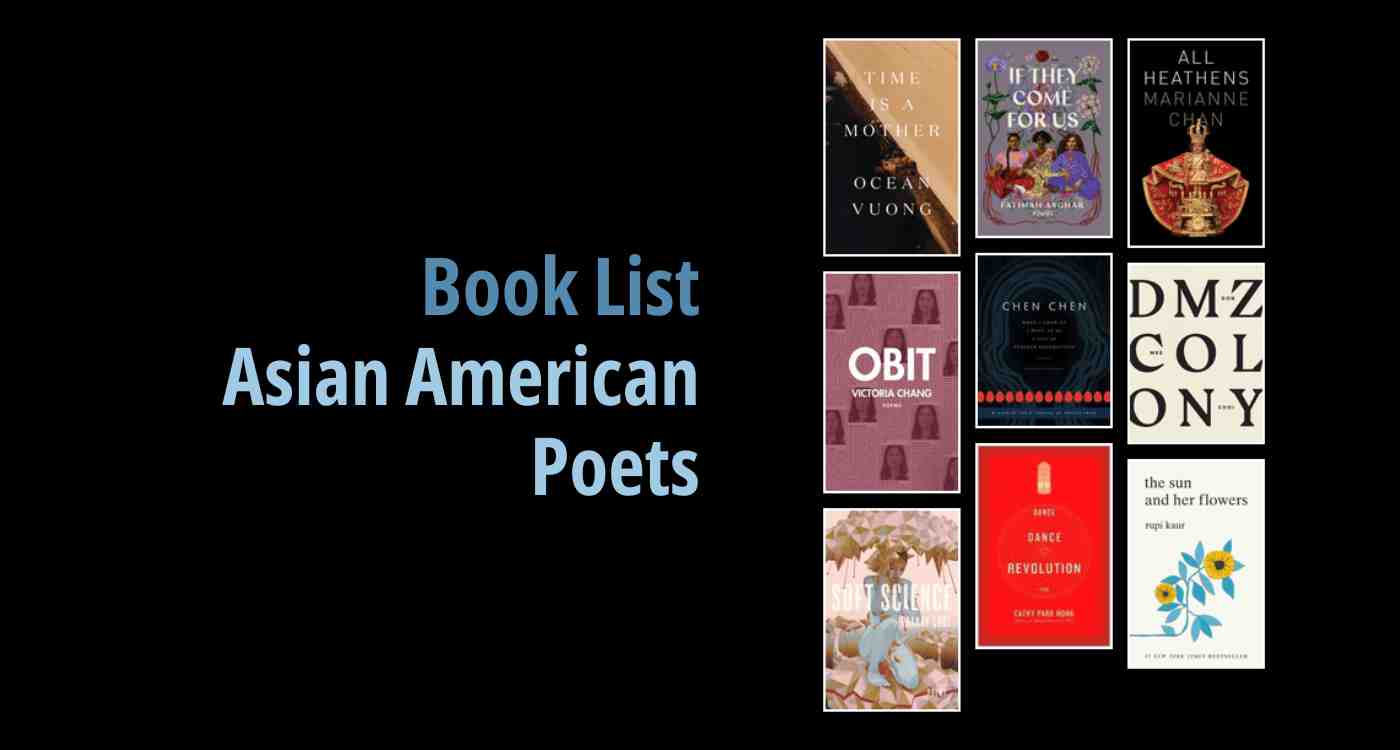
Asian American Poets
Check out one of these collections by Asian American and Asian Canadian poets.
Spotlight On

Hiveclass
This digital encyclopedia for youth sports features high-quality educational videos.

Housing in America
Comprehensive information about the causes and consequences of local and national housing shortages.

PressReader
PressReader provides access to The New York Times, hundreds of other papers from around the world plus The Economist magazine.

